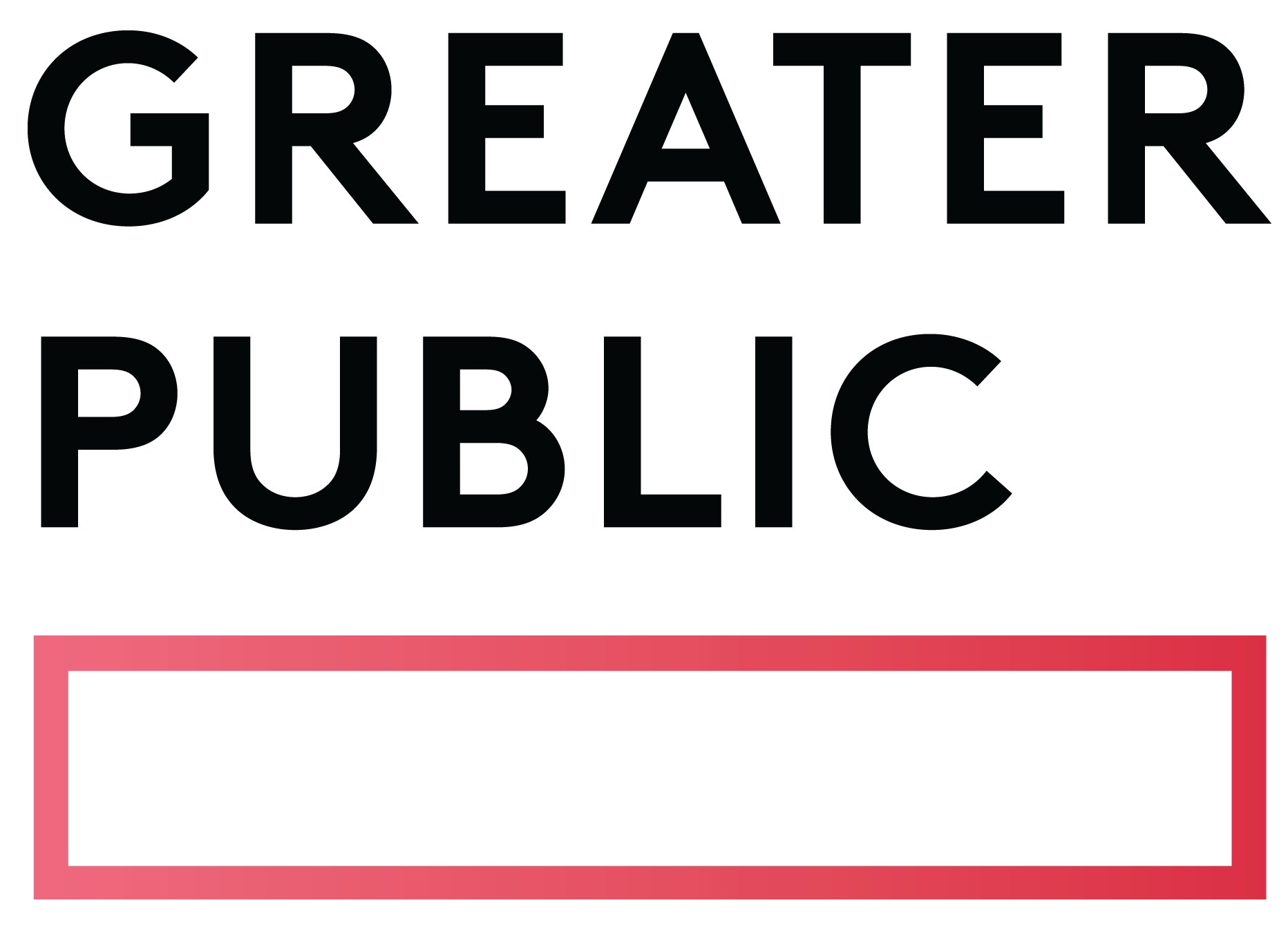Being a manager can be a lonely experience. You’re often promoted without much training or support. You’re figuring things out as you go. Your success is dependent on your team’s success and each person has different needs and styles.
Now, imagine going through the same leadership training program with your fellow managers. You spend time learning about each other, from each other and you gain skills together.
Sounds amazing, right?
To make it happen, we designed the Inclusive Manager Program for public media professions as part of Brevity & Wit’s long-term collaboration with Greater Public. In the fall of 2023, Rocky Mountain Public Media bought out all the seats of the third cohort so that 35 of their middle managers could attend.
The opportunity to spend 12 hours over six weeks with one organization offered some unique insights. By working with managers who are colleagues, we saw how the program had an immediate impact in two important ways: practical application and community building.
Each session reinforced one or more of the seven core behaviors of inclusive culture outlined in Julie Diamond’s research. (Diamond is an executive coach, international leadership consultant, and author of Power: A User’s Guide.)
We discussed how we can use our power to empower others and why we must accept ourselves as emotional creatures to practice empathy and to see conflict not as something to avoid but as an opportunity to learn and grow.
We built community by giving the group opportunities to share personal experiences. We raised participants’ awareness of what they bring as people — biases, social identities, and emotions.
Later in the program, participants engaged in realistic scenarios and role-played difficult conversations, enhancing their confidence to address situations on the job.
We checked in with Claudia Fernandez, vice president of human resources at Rocky Mountain Public Media, about a month after the training to ask how she has seen the lessons applied in the workplace.
She shared via email that she’s heard colleagues using Ken Blanchard’s Situational Leadership model, which diagnoses a person’s ability to perform a task based on their knowledge/skill level and motivation/confidence. Using the model, managers can then choose the appropriate amount of direction and/or support to help their colleagues succeed.
Fernandez also shared that some colleagues have practiced having difficult conversations before the actual interaction.
“As a group we left with some real-life tactics and models that have helped us get through challenging management situations,” Fernandez wrote.
She is describing one of the primary benefits of peer-to-peer learning, which not only teaches people new skills but also taps into the expertise of your colleagues. A Harvard Business Review article calls it the “Learning Loop”: “gain knowledge; practice by applying that knowledge; get feedback; and reflect on what has been learned.”
When you have a common training experience with your colleagues, you develop a collective trust. It also contributes to the feeling that there’s a culture of learning at the organization, and that leads to higher job satisfaction.
In the Learning & Development field, the Kirkpatrick model is the standard by which training and talent development is measured. We assessed our program for Level 1 (Reaction) and Level 2 (Learning) milestones, and have received excellent feedback about the safe learning environment and the relevance of the content. We are working with our partner Greater Public to evaluate the program at Level 3 (Behavior) and Level 4 (Results) to capture how participants are applying their learning on the job and what difference it is making for their teams and the organization.
We always tell participants that the program is just the beginning of their inclusive leadership journey. It’s how they use what they learn that will lead to a more compassionate workplace.
When everyone learns and routinely practices behaviors that model empathy and fairness, that empower others, that manage conflict well, the organization is stronger.
“Attending this program with all of the managers together was monumental in getting us all on the same page with one another,” Fernandez wrote. “I have noticed a greater level of comfort in asking each other for advice, talking through challenging situations together, and using our collective learnings to address issues in a consistent way.”
Brevity & Wit and Greater Public will be offering the Inclusive Manager Program again May 14-June 18, 2024. We can also make the program available to middle managers in your organization.









